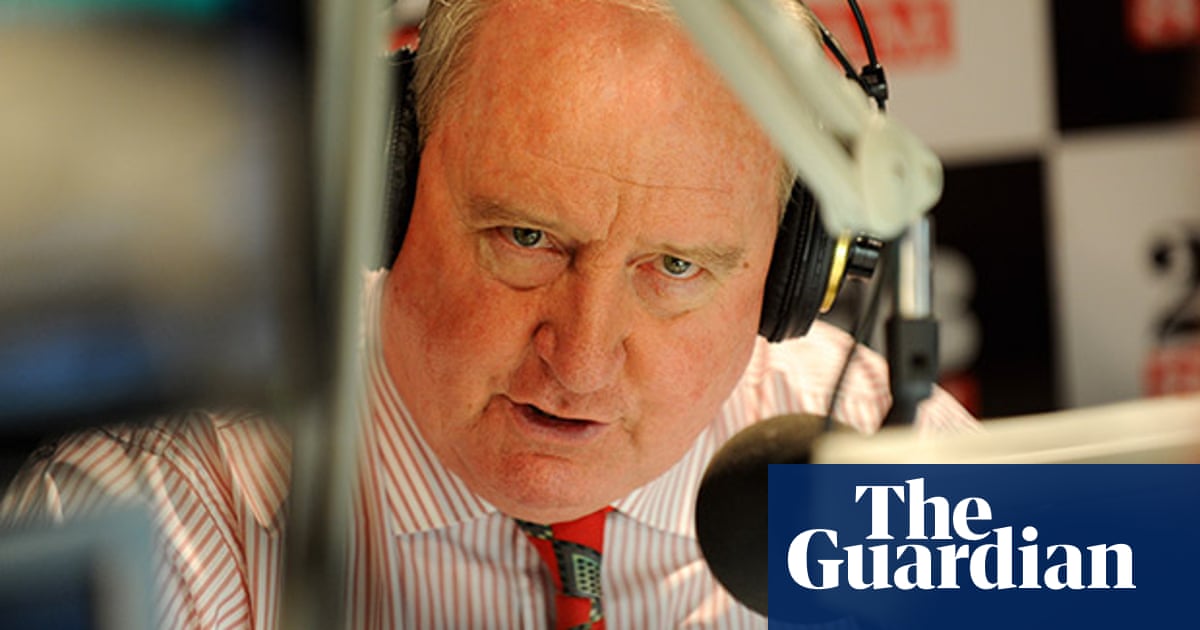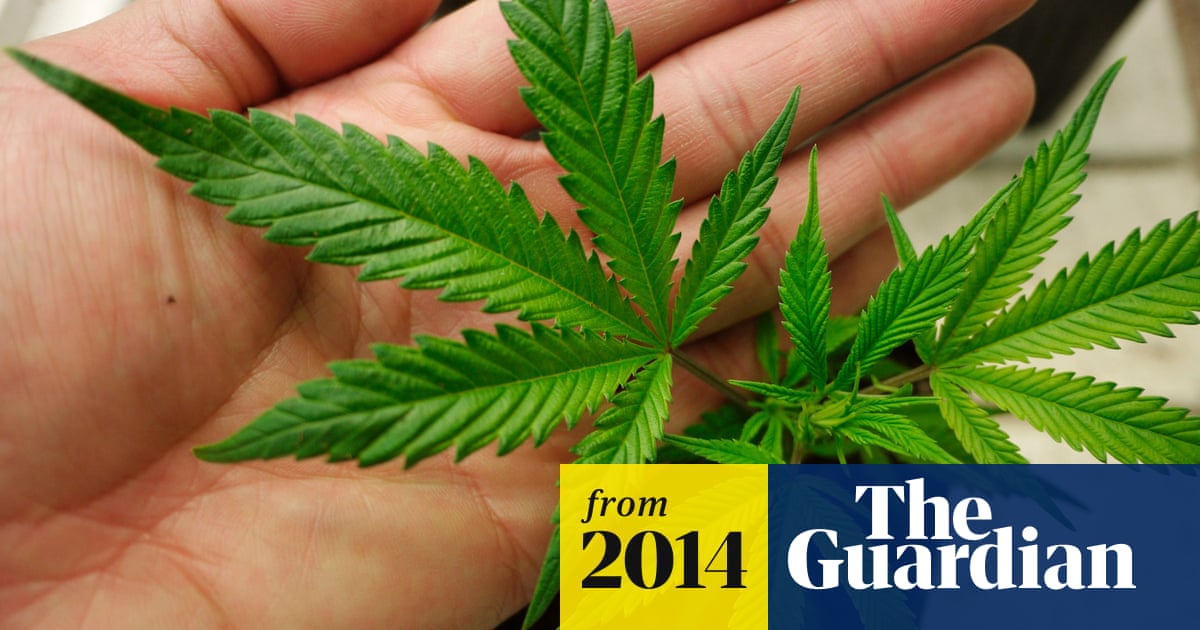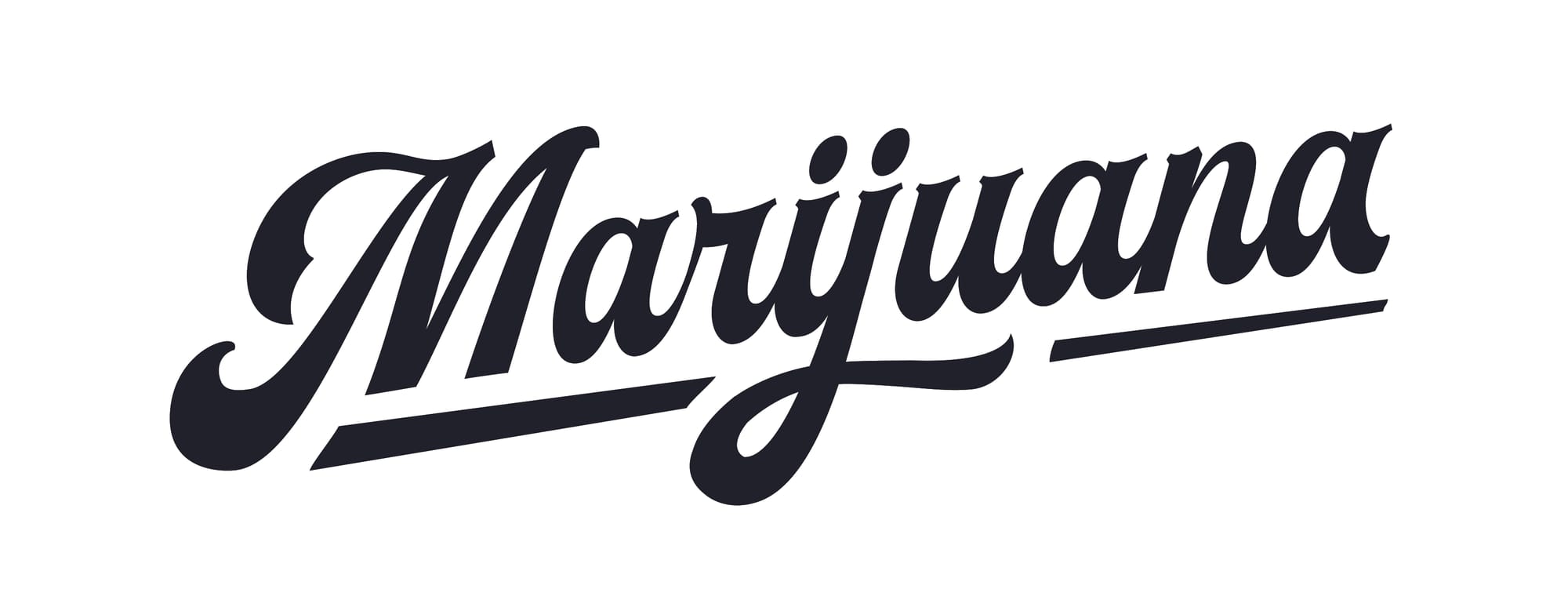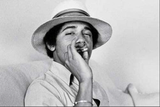6 years down the “legal” cannabis path and the patients continue to be arrested.
“I have no problem with the medical use of cannabis just as I have no problem with the medical use of opiates.”

In August of 2014 the Australian Prime Minister, Tony Abbott wrote to radio talk back host, Alan Jones expressing his support for the legal use of medical cannabis.
It is my opinion that this was no random event.

“I have no problem with the medical use of cannabis just as I have no problem with the medical use of opiates.”
This first quote framed how the new system was all going to work.
When Medical Cannabis (MC) was given a like for like comparison with opiates by the PM of the day, Tony Abbott, history shows us it was about setting the stage.
It was the flag for how MC was going to be treated by the former government.
The very patients who risked prosecution to force the government to the cannabis table have had their needs placed secondary to those of the pharmaceutical sector.
“I was under the impression that personal use of cannabis was no longer an offence in NSW.”
The second quote goes to law enforcement in respect to cannabis being a state or territory based concern.
It was a feature of the last government to obfuscate the issues around state and federal responsibilities.
It allowed them to make policy announcements and motherhood statements with little thought as to how they were going to be delivered, mostly because they relied on the states and territories to create the complementary legislation and pick up the actual workload.
This meant that the government could ride a wave of good announcements, and only if or when the states and territories were called to account for failing to deliver them, would anyone ever get upset.
“If a drug is needed for a valid medicinal purpose though and is being administered safely there should be no question of its legality, and if a drug that is proven to be safe abroad is needed here it should be available.”
This statement set the groundwork for imports and outsourced all of the actual compliance work to regulators in another country.
It also framed MC as a drug that could only be prescribed and created the conditions for a govt. endorsed position against the benefits of home grown MC, which just happened to be a very special feature of the Canadian medical cannabis system, and which only came about through legal action by patients in regards to protecting their human rights.
Take note of the following snip and story link from Canada:
The lead counsel for the plaintiffs, John Conroy, argued the legislation has robbed patients of affordable access to medicine, leaving some with no choice but to break the law, either by continuing to grow their own or by purchasing on the black market.

“I agree that the regulation of medicines is a thicket of complexity, bureaucracy and corporate and institutional self-interest. My basic contention is that something that’s been found to be safe in a reliable jurisdiction shouldn’t need to be tested again here.”
This last comment set the stage for stripping local labs of work and it meant patients were forced to argue that the MC being used and grown by local patients in their backyard was as safe and efficacious as the MC being imported from a multinational cannabis company in Canada.
It also meant that it was going to be far easier and cheaper for local companies to import MC than it was to struggle through the multi layered miasma that is and remains today, the ODC/TGA/GMP/GACP based system.









